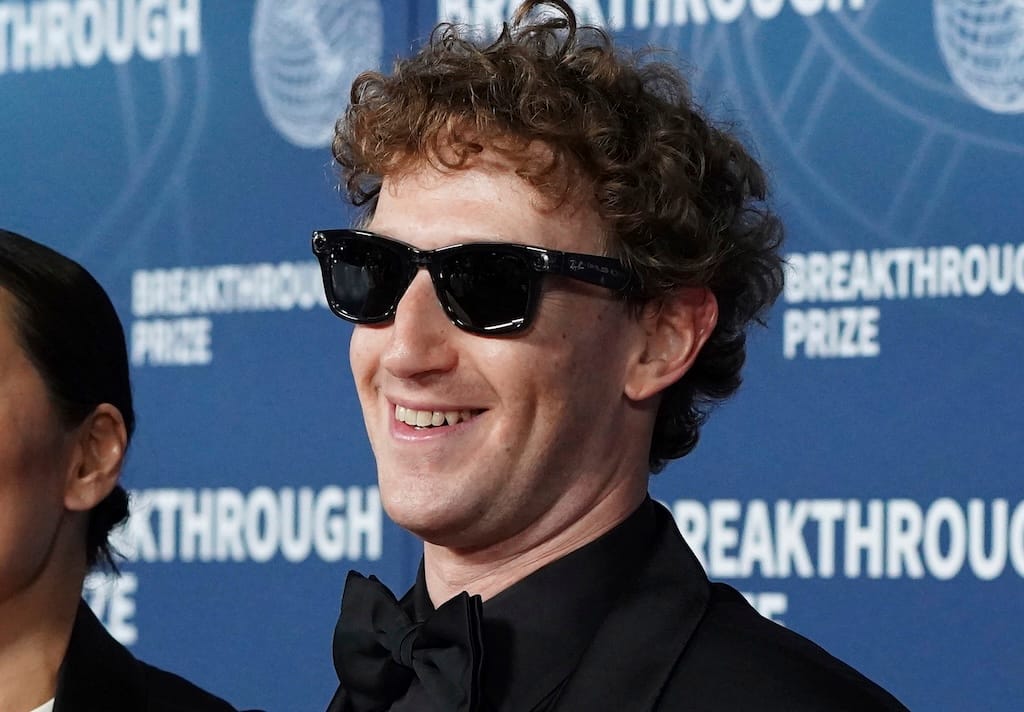
Meta has triumphed in its protracted legal conflict with the Federal Trade Commission, which accused it of sustaining an unlawful monopoly in social networking.
In a ruling issued on Tuesday, Judge James Boasberg of the U.S. District Court in Washington, D.C., determined that the FTC did not succeed in proving its allegations. The agency originally launched the lawsuit five years ago, contending that Meta’s ownership of Instagram and WhatsApp bestowed upon it excessive market dominance. However, Boasberg remarked that even if Meta previously wielded monopoly power, the FTC could not establish that the company still “continues to maintain such power now.”
Boasberg had previously rejected the case in 2021, asserting the FTC did not furnish enough evidence that Facebook, as the company was known at the time, possessed market power. The FTC subsequently filed a revised complaint referring to user metrics and comparisons with competitors like Snapchat, Google+, and MySpace, enabling the case to advance. The trial finally commenced earlier this year.
Meta’s chief legal officer, Jennifer Newstead, commended the ruling, stating, “The Court’s decision today acknowledges that Meta encounters intense competition. Our products are advantageous for individuals and businesses and exemplify American creativity and economic progress.”
Fundamental to the case were Meta’s acquisitions of Instagram and WhatsApp. The FTC aimed to unravel both transactions, arguing that users lacked substantial alternatives to Meta-owned platforms for staying connected with friends and family.
Nevertheless, Boasberg concurred with Meta’s stance that the social media landscape has evolved significantly since the early days of Facebook. Platforms like TikTok and YouTube now vie for the same time, attention, and content, undermining the government’s monopoly assertion.
“While each of Meta’s empirical claims can be disputed, they all convey a consistent narrative: individuals regard TikTok and YouTube as substitutes for Facebook and Instagram, and the level of competitive overlap is economically significant,” Boasberg noted.